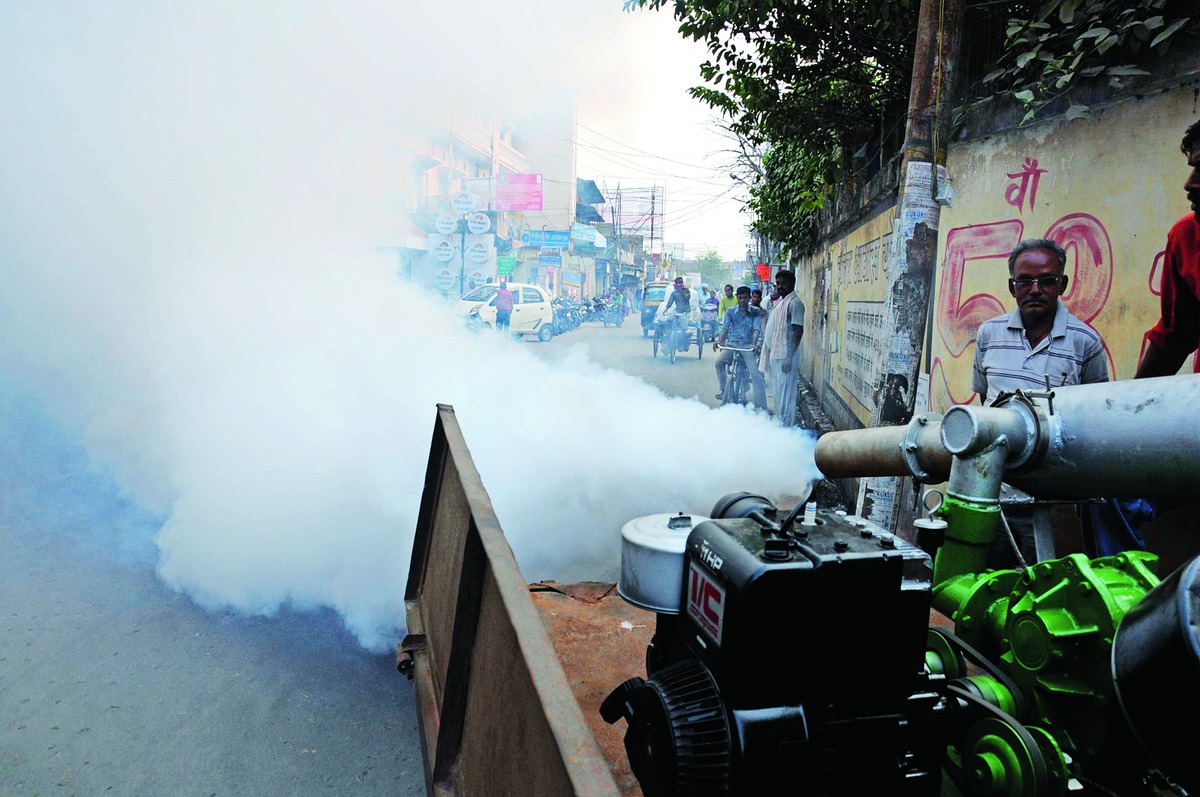
Patna: The monsoon is here, and so is the sting.
The civil surgeon's office has issued an advisory for residents with dos and don'ts on dengue prevention measures.
According to health department sources, last year three confirmed cases of dengue had been reported at Rajendra Memorial Research Institute of Medical Sciences (RMRIMS) by the end of July, and chances of people being infected with the mosquito-borne disease has increased now that monsoon has arrived in the state capital.
"The advisory asks residents to destroy the source of stagnated water - be it in cooler, empty coconut shell, vehicle tyre - as they are possible breeding grounds of the Aedes aegypti mosquito, which carries the dengue virus," said an official of district civil surgeon's office who did not wish to be identified.
"Stagnated water must be emptied. Wearing full-sleeved dresses in the daytime has also been advised to the residents in the advisory," the official said. "Besides, they have been asked to use mosquito nets while sleeping. The district vector-borne disease control programme officials on the other hand have been asked to conduct fogging using the chemical technical malathion while district malaria offices have been asked to conduct larvicide treatment at the possible breeding grounds of the dengue-causing mosquito."
Directions have been also issued to inform the auxiliary nurse midwives (ANMs) and accredited social health activists (Asha workers) about the various symptoms of the disease and its prevention measures.
"The ANMs and Asha workers have to find active cases and report to the health department," the official said.
Private hospitals have also been given another set of instructions.
"The private hospitals have been asked not to refer all the suspected dengue cases to the central surveillance hospital (Patna Medical College and Hospital) but rather first get their blood test done and note their platelet count," the official said.
"Only if the blood test confirms that one is suffering from dengue, then confirmatory dengue test has to be further conducted at PMCH. The private hospitals have also been asked that if they find dengue-related symptoms among any patient such as red patches on skin, bleeding gums and abdominal pain, they must get the blood test done of the suspected patient," the official added.










